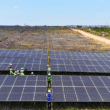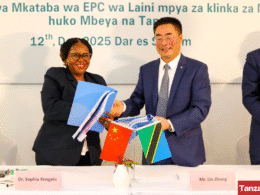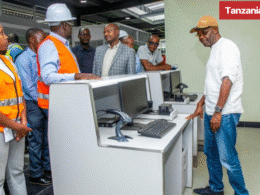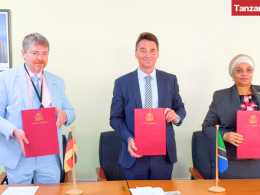On 16th November 2022, the National Housing Corporation (NHC) of Tanzania launched a revised version of its joint venture policy to stimulate the provision of affordable homes in the country.
Public-private partnerships (PPPs) are a mechanism for governments to procure and implement public infrastructure and/or services using the resources and expertise of the private sector.
Tanzania’s National PPPs Policy recognizes the role of the private sector in bringing about socio-economic development through investments and provides an important instrument for attracting investments and addressing constraints of financing, management, and maintenance of public goods and services.
Tanzania’s National Housing Corporation (NHC) has been implementing joint development and ownership of properties with the private and public sectors through the Corporation’s Joint Venture Policy of 1993 and its various amendments of 1998, 2006, and 2012.
However, NHC hasn’t engaged in a joint venture with the private sector in the last 10 years to measure the performances of the projects it had already entered into with joint ventures, explained Nehemia Mchechu, Director-General of NHC during the launch ceremony.
This is why NHC has further revised its policy in 2022 with the objective of improving the performance of the joint venture projects portfolio.
According to the new policy that Mchechu presented, there are now four primary categories of joint venture agreements: Land as Equity Contribution (LEC), Land and Finance as Equity Contribution (LFEC), Revenue Sharing Model (RSM), and Long-term Lease Model (LLM).
Under LEC joint venture arrangement, NHC will contribute only land and the Partner will contribute all financing required for the implementation of the project to the completion.
Under LEFC joint venture arrangement, NHC will contribute land and finance and the Partner will contribute the remaining financing required for the implementation of the project and the parties will agree on the shareholding structure. Project implementation and ownership structure under this category shall be through a Special Purpose Vehicle.
Under RSM joint venture arrangement, the Parties will implement the project for the purpose of building, selling, and sharing revenues generated from selling the project. NHC will contribute land only and Partner will contribute all financing required for the implementation of the project to its completion. Upon completion of construction, the whole project will be sold and revenue generated will be shared based on pre-agreed percentages.
Under LLM joint venture arrangement, NHC will lease a plot on a long-term basis, and the partner will develop and operate the property for up to a maximum of 30 years (depending on the size and nature of the investment) and thereafter return the property back to NHC.
Speaking at the inaugural event, Tanzania’s Prime Minister Kassim Majaliwa stressed that NHC’s decision is critical to fostering more collaboration between the public and private sectors in carrying out development projects.
Tanzania’s Housing Demand
Tanzania’s demand for housing and housing loans is high and challenged by the limited supply of affordable housing and high-interest rates.
Affordable housing demand is estimated at 200,000 housing units per annum with an existing housing deficit of 3 million housing units.











